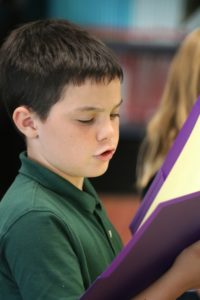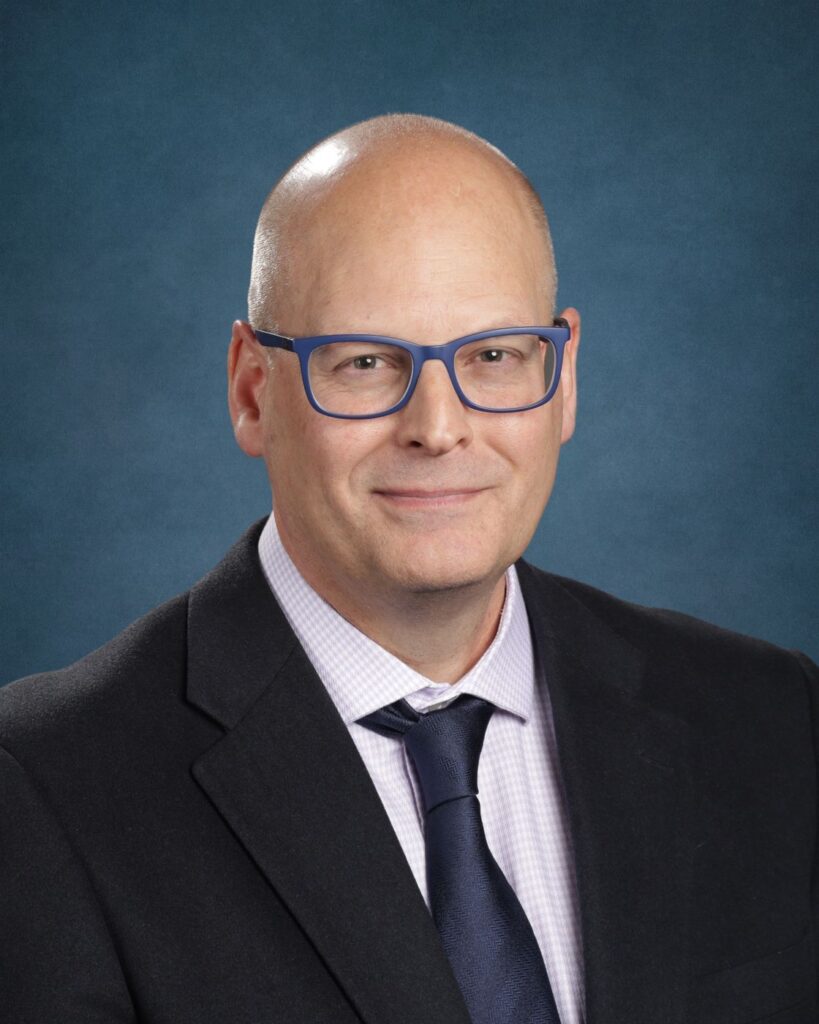We are often asked, “What is classical education?” Below are several tenets of our approach at Providence, summarized for brevity.
- Classical education is focused on training students how to think. In other words, classical education is focused on providing students with the tools of learning so they are prepared to think deeply about all issues of life. Tracy Lee Simmons writes in his excellent book, Climbing Parnassus: “Much there is to be said for any curriculum that doesn’t strive to give content so much as it does the tools of skill and judgment that allow us to get that content at our own leisure.” Classical education prepares students for a life of self-governed learning.
- The method and content of classical education is concentrated in the liberal arts and great works of Western Civilization. At Providence this means a methodology of the trivium (grammar, logic, rhetoric) that works alongside the developmental stages of children. As one author writes, “Grammar is knowledge of how to speak without error; dialectic is clear-sighted argument which separates the true from the false; rhetoric is the discipline of persuading to every suitable thing.” The liberal arts are comprehensive, open to all subjects and questions. The content centers on the classic works and ideas of the Western tradition.
- Classical education cultivates the affections. At Providence students learn the scientific method, study Latin roots, read Homer and Dickens, study the causes of the World War II, and diagram sentences. But all these pursuits are grounded in the conscious and ultimate goal of transforming and renewing the mind (Romans 12:1). Again Tracy Lee Simmons: “The student is rightly trained in respect of pleasures and pains, so as to hate what ought to be hated, right from the beginning to the very end, and to love what ought to be loved. This isn’t just reading and writing and counting. This is paideia.”
- Classical education transcends grades, programs, and even the worthy goal of preparing students for college. While these are healthy within their own context, they are potentially harmful when elevated beyond the ultimate goal, which prepares students to be faithful Christian human beings. Education is not a means to an end (e.g. to get into a good college.”). Rather, education becomes an end in itself when the goals converge in Christ-likeness. As G.K. Chesterton wrote, “Education is not a subject and does not deal in subjects. It is instead a transfer of a way of life.”
Paths of destruction are myriad in the world in which we live. Enculturation to the true, good, and beautiful must be central if we are to order education according to the correct goals. An education at Providence is centered on these important elements: discipleship in partnership with Christian parents, and an environment where students’ affections are cultivated and their minds are trained how to think as they study the great works and ideas of Western Civilization. Each student is challenged and encouraged to live a life of faithful and joyful service to our Lord and Savior Jesus Christ. When they graduate, these young men and women are equipped to think and act as faithful Christians in world in great need of the Good News.

